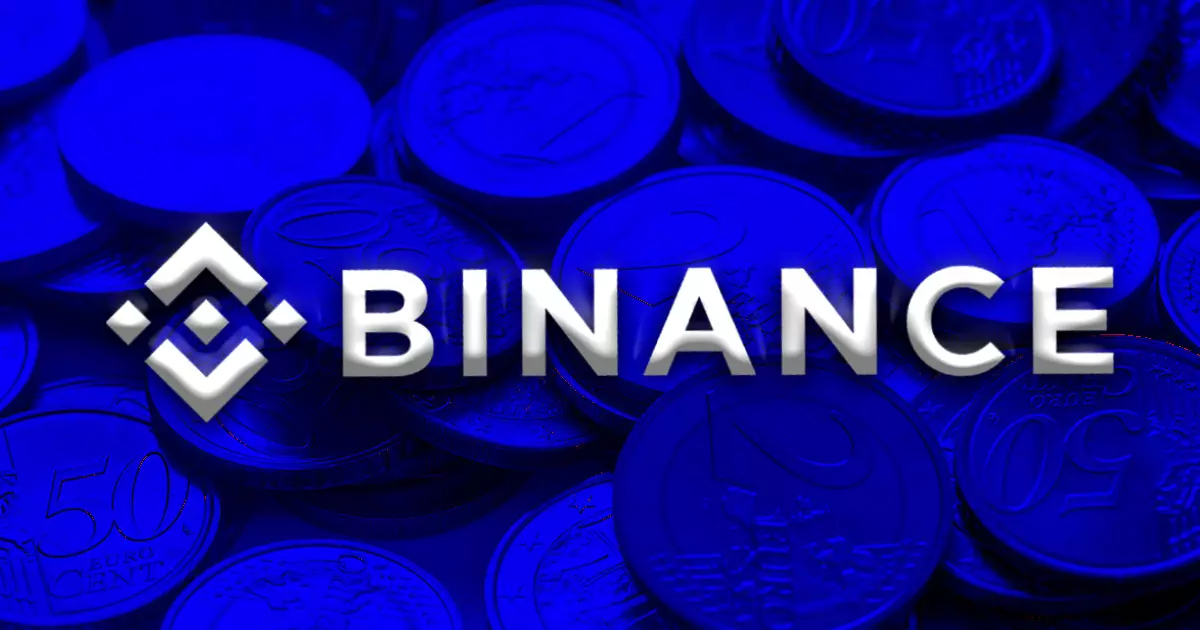The world of cryptocurrency is no stranger to challenges, and Binance, one of the leading cryptocurrency exchanges, is facing yet another hurdle. Binance recently announced that its banking partner, Paysafe, has decided to cease processing Euro deposits, causing disruptions in various Binance services. This unexpected withdrawal of service has left Binance users in need of alternative solutions.
Binance has advised its users to convert their fiat Euro balances into Tether’s USDT before the end of October. By making this conversion, users can continue to utilize Binance’s services without interruption. Failure to make this conversion could result in the suspension of certain activities, such as deposits and EUR spot trading pairs trading.
Recognizing that not all users may be willing to convert their EUR balances into USDT, Binance has provided alternative options. One such option is for users to directly withdraw their funds into their bank accounts. While this ensures the security of their funds, it may limit their ability to utilize Binance’s services in the same capacity as before.
Binance claims that Paysafe’s decision to withdraw its services came suddenly and without prior communication. However, Paysafe had previously stated its intention to collaborate with Binance in the gradual conclusion of their integrated wallet services for the European Economic Area (EEA). Binance had acknowledged this collaboration at the time. Therefore, the sudden withdrawal by Paysafe has left Binance questioning the accuracy of the situation.
This is not the first time that Binance has faced challenges in finding banking partners. In May, Paysafe had already discontinued processing British Pound transactions for Binance due to the regulatory environment in the United Kingdom. This decision further limited Binance’s ability to offer seamless fiat transactions to its users.
Binance’s struggle to secure banking partners is not unique. Financial regulators worldwide have intensified their scrutiny of cryptocurrency exchanges, leading to increased operational challenges. In February, Binance had to temporarily suspend US Dollar-denominated fiat transfers because its banking partner, Signature Bank, ceased processing crypto transactions below a certain threshold. Similarly, Binance’s US subsidiary had to transition into a crypto-only exchange when its banking partners abruptly halted their services.
To maintain its compliance strategy, Binance recently sold its Russian business to a newly formed crypto exchange called CommEX. Operating in the Russian market was no longer compatible with Binance’s compliance plans, highlighting the complexities of navigating various jurisdictions’ regulatory landscapes.
Binance’s recent loss of its banking partner, Paysafe, and the subsequent disruptions to its services have posed significant challenges for the exchange and its users. The urgency to convert fiat Euro balances into USDT and the limited alternatives for withdrawals have prompted users to carefully consider their options. As Binance works to integrate new fiat channels, it remains to be seen how the exchange will adapt to the evolving regulatory landscape and secure reliable banking partners in the future.

